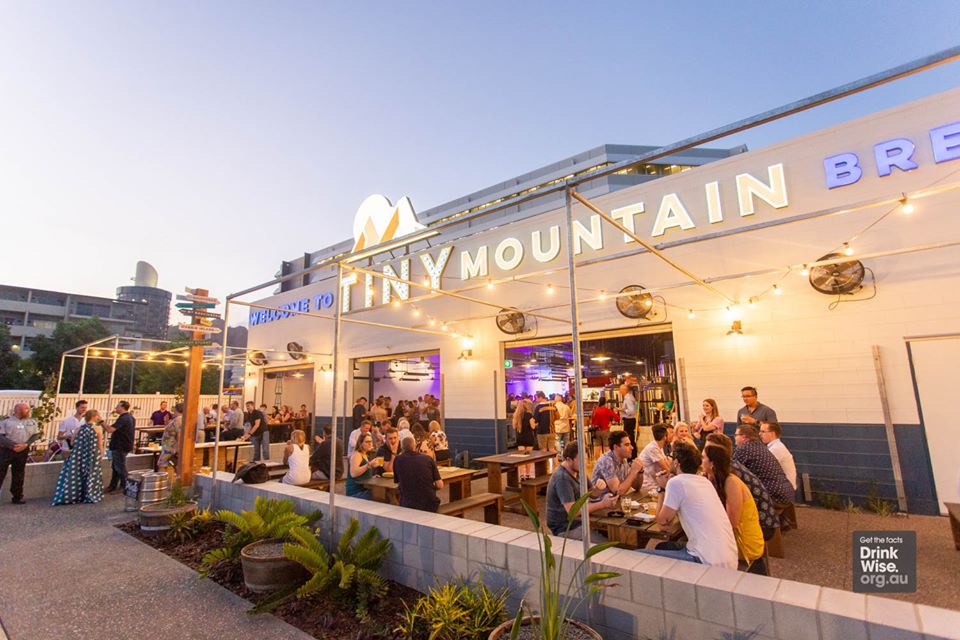Machine learning is a subset of AI (Artificial Intelligence). It is the study of computer algorithms, continuously improving through user experience and the use of data. It gathers data, applying algorithms and statistical models to further generate predictions.
1. Sentiment Predictions (or Opinion Mining)
Sentiment prediction analyses texts such as online conversations, web comments or social media posts, pulling positive or negative sentiments within text, showing businesses how customers perceive their offerings. It will allow event hosts to determine how their offerings and services are being perceived by their audience. It can help event organisations see what their customers may like or dislike, allowing businesses to improve and alter their 4 P’s Marketing Mix.


2. Predictions and Faster, More Accurate Decision Making
Machine learning eliminates the guesswork, reduces the cost of advertising and provides accurate insights and predictions into the business performance. Machine Learning helps businesses uncover what appeals to their customers and predicts what they might likely be most interested in. This helps Event organisers in countless ways, for example: target marketing and predicting what kind of media content audiences will respond to. It is also particularly useful in improving marketing campaigns. Machine learning will serve the best advertisement to the appropriate audience and also has the ability to reduce campaign costs by implementing CPA (cost per action), capping the cost so the campaign doesn’t spend money on areas of which are not performing well.
3. Connects The Right Audiences Through Automated Recommendations
It is now easier than ever for customers and businesses to find each other through automated recommendations. The process of searching for appropriate venues has been made considerably easier, showing the results most suited to the users needs and location. This also applies to venue owners as they can connect with potential clients. Ads can be tailored to certain demographics, with particular interests. For example a beachfront wedding venue can target engaged couples, looking for a destination on the beach. It guides likely to purchase customers to webpages, rather than being seen by customers that are not likely to be interested in the offerings.









